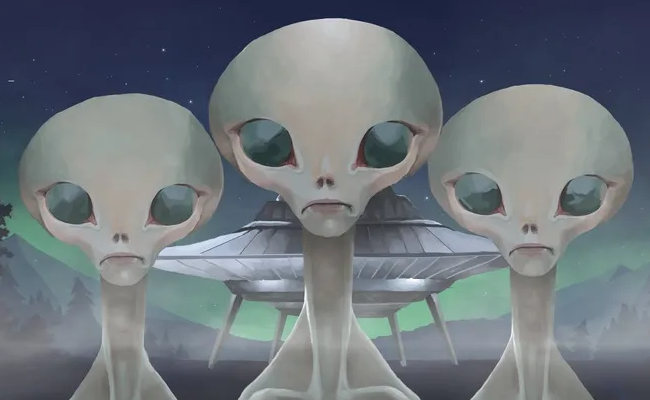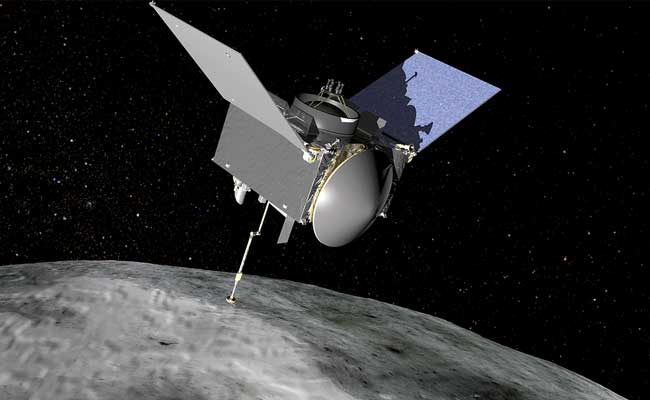Time Travel: The Science, Fiction, and Possibilities
Time travel is a concept that has fascinated people for centuries. The idea of going back or forward in time to witness historical events, correct past mistakes, or see the future has been explored in literature, movies, and television shows. But is time travel possible? And if so, how would it work? In this article, we will explore the science, fiction, and possibilities of time travel.
The Science of Time Travel
The concept of time travel is based on the theory of relativity, which was first proposed by Albert Einstein in 1905. According to the theory, time and space are intertwined and are affected by gravity and motion. Time dilation, which is a consequence of the theory of relativity, states that time moves slower for objects that are moving faster or are under the influence of a stronger gravitational field. This means that time travel could be possible if we could travel at speeds close to the speed of light or enter a region with a strong gravitational field.
One proposed method of time travel is through the use of wormholes. Wormholes are hypothetical tunnels through space-time that connect two points in the universe. If a wormhole existed, it would be possible to enter one end of the tunnel and emerge at the other end in a different location and time. However, the existence of wormholes is purely theoretical, and scientists have yet to find any evidence of their existence.
The Fiction of Time Travel
Time travel has been a popular theme in science fiction literature, movies, and television shows. From H.G. Wells’ The Time Machine to the Back to the Future trilogy, time travel has captivated audiences and inspired imaginations. In fiction, time travel is often portrayed as a way to correct past mistakes or to prevent catastrophic events from occurring. However, the consequences of time travel are rarely explored in depth.
In movies and television shows, time travel is often depicted as a way to change the course of history. For example, in the movie The Terminator, the protagonist travels back in time to prevent a catastrophic event from occurring in the future. In the television show Doctor Who, the titular character travels through time and space to right wrongs and save the universe. However, these depictions of time travel are often oversimplified, and the consequences of altering the past are rarely explored in depth.
The Possibilities of Time Travel
While time travel may seem like pure science fiction, there are some potential real-world applications for the concept. For example, time dilation could be used to allow astronauts to travel vast distances through space without aging as much as they would if they remained on Earth. This would make long-term space travel more feasible and could eventually lead to the colonization of other planets.
Another potential application of time travel is in the field of history. If time travel were possible, historians could travel back in time to witness historical events first-hand and gain a better understanding of the past. This could lead to new insights and discoveries about the course of human history.
However, the consequences of time travel could be unpredictable and potentially catastrophic. If someone were to alter the past, it could have ripple effects that would change the course of history and possibly even lead to the extinction of the human race. This is known as the “grandfather paradox,” which suggests that if someone were to travel back in time and kill their grandfather, they would never have been born, and therefore, would not have been able to travel back in time to kill their grandfather.
Conclusion
Time travel is a concept that has fascinated people for centuries. While the science of time travel is based on the theory of relativity, the possibility of time travel remains purely theoretical. In fiction, time travel is often portrayed as a way to correct past mistakes or to prevent catastrophic events from occurring
![]()





